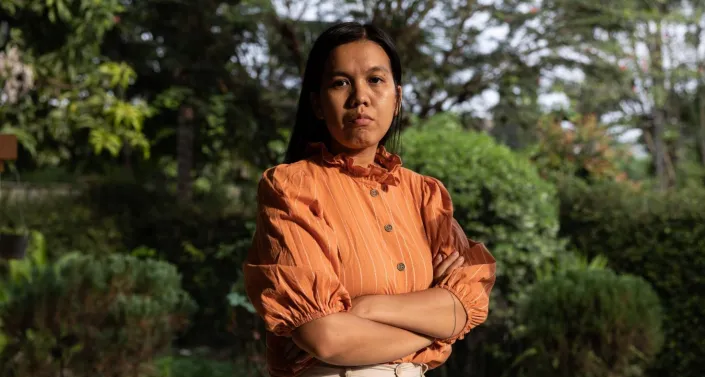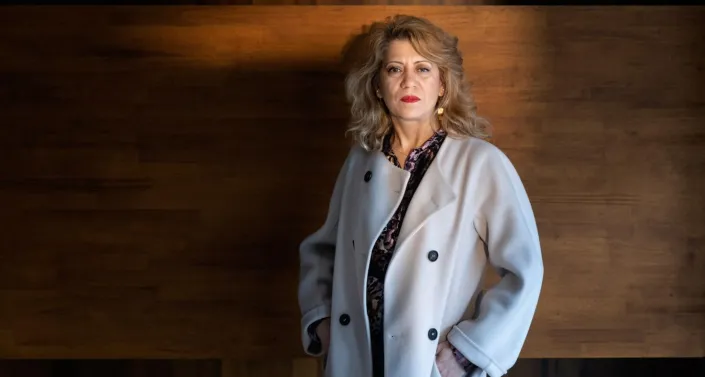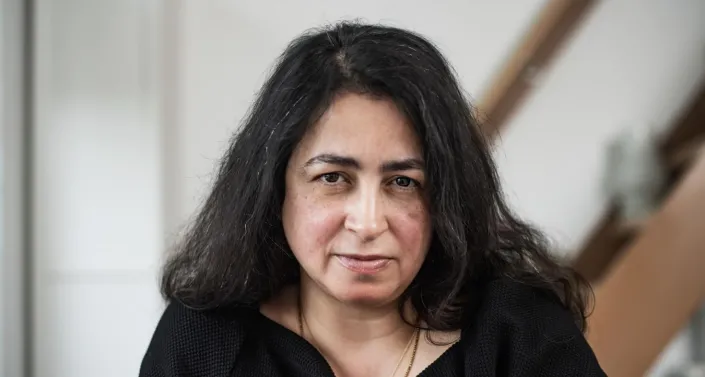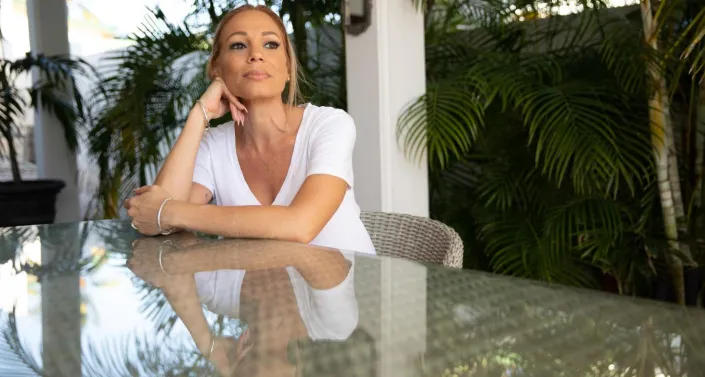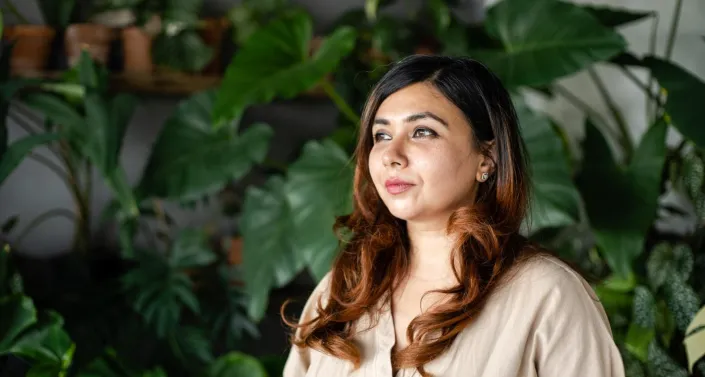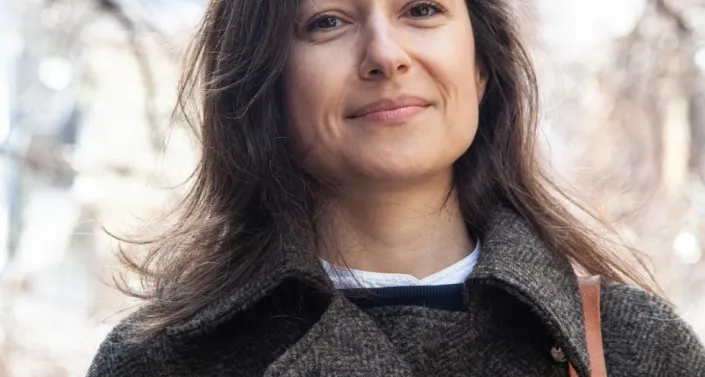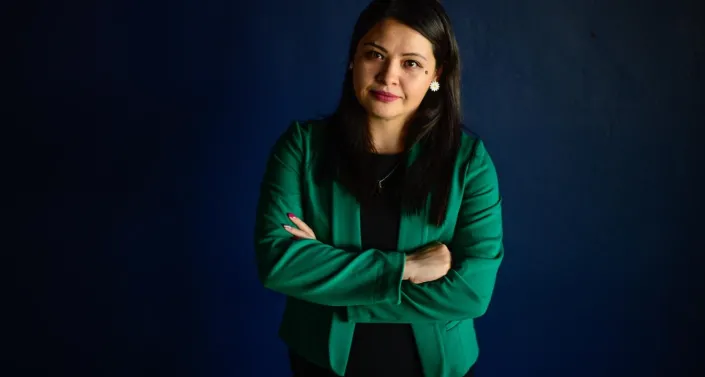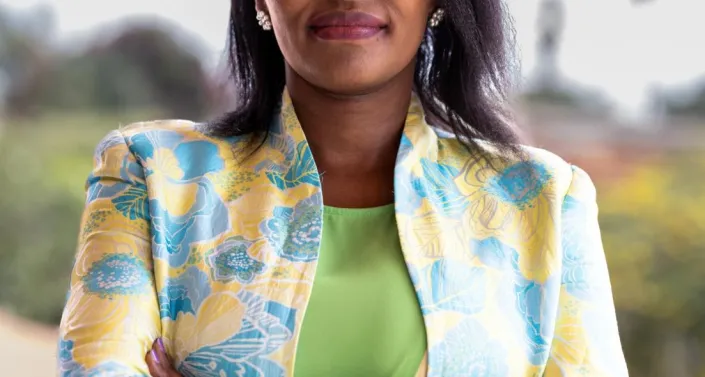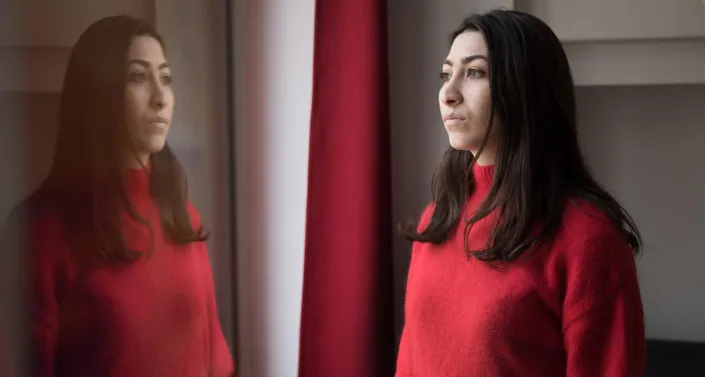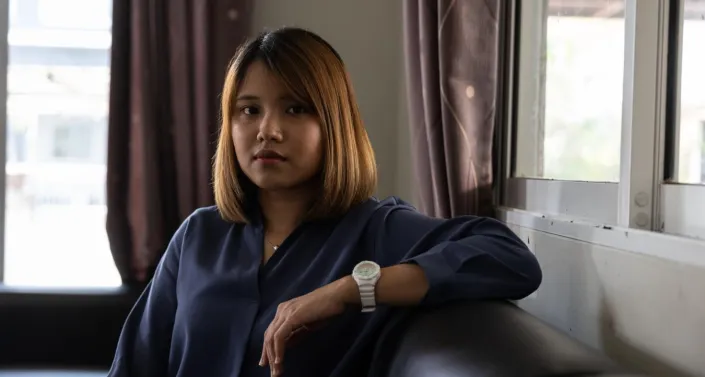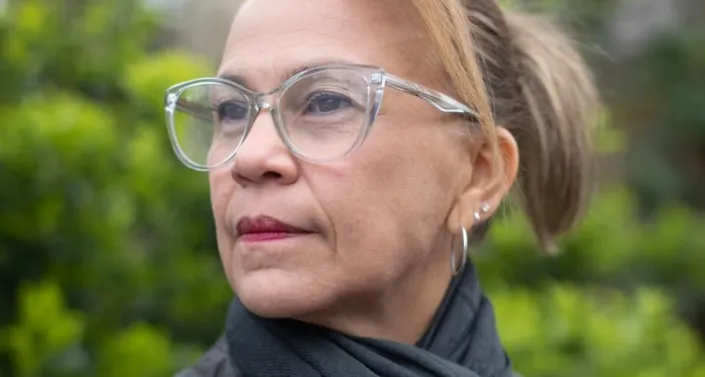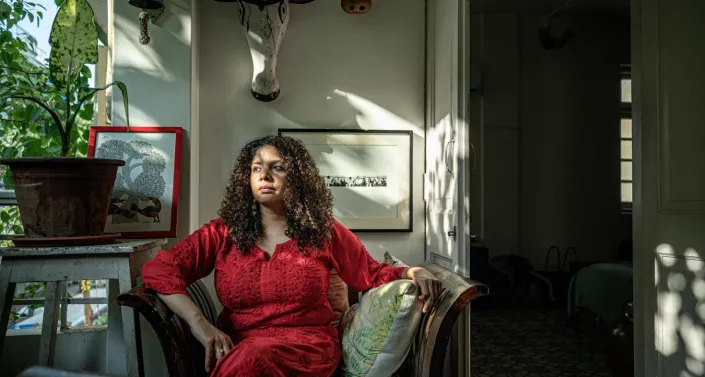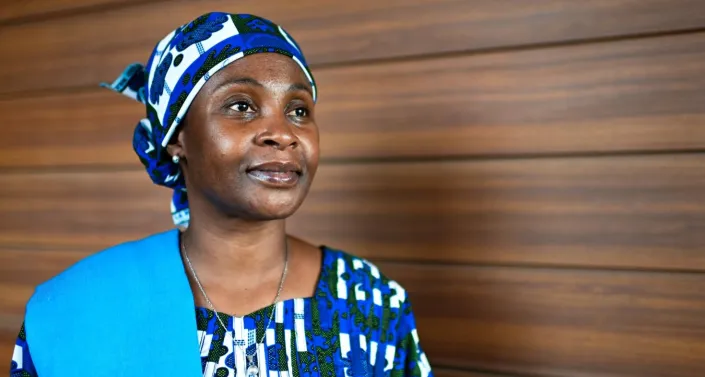Photo exhibition: Safety of women journalists Collapse
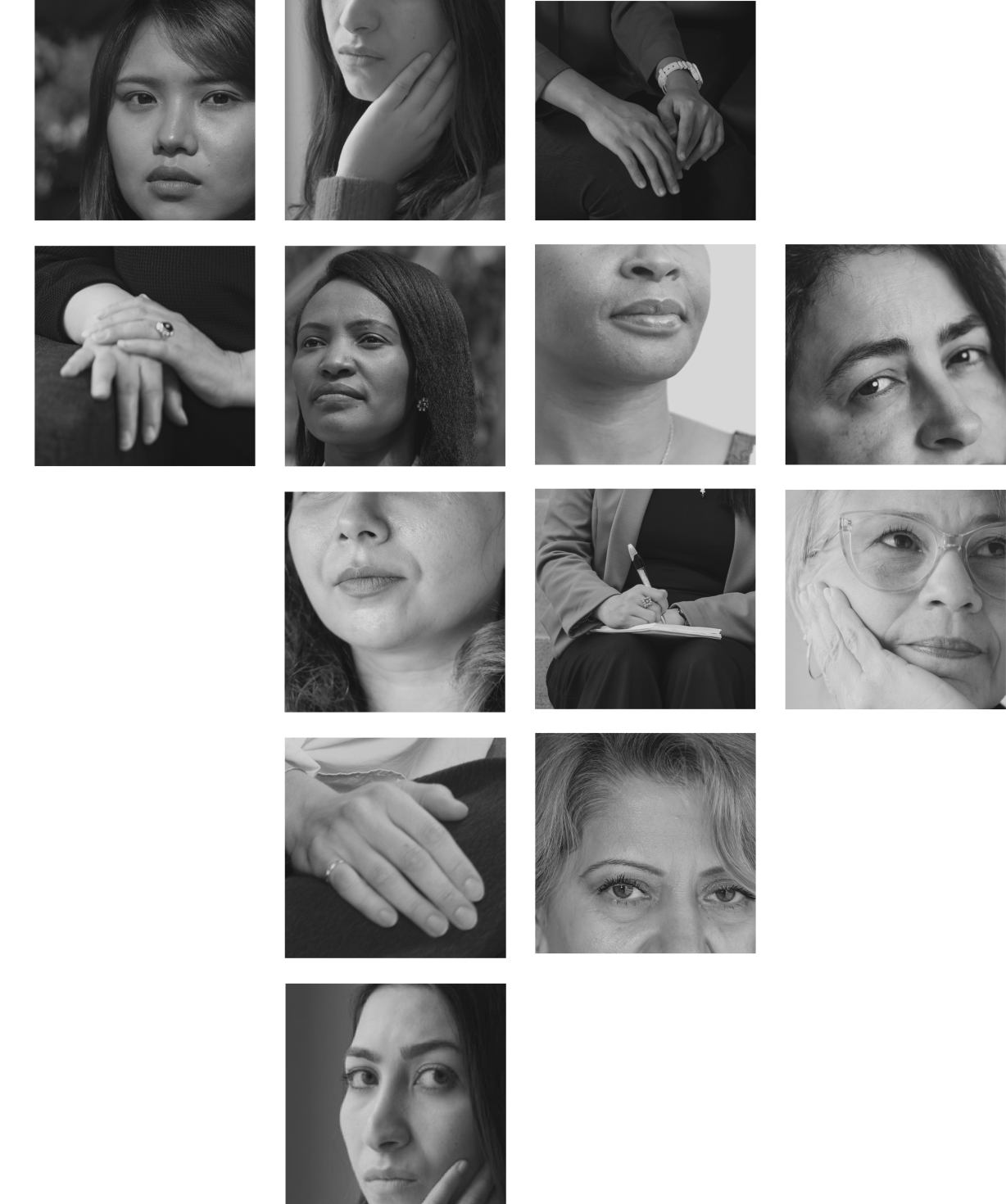
Faces of women journalists. Design by Giorgia Greco.
1 in 5 women journalists have been attacked offline in connection with online abuse.
The exhibition ''Safety of women journalists: the stories behind the faces of women journalists'' aims to initiate a conversation with governments and other stakeholders in the media industry on enhancing the protection of women journalists. By highlighting the stories behind the faces of women journalists, but also by visualizing the important work that has been done in this field by organisations like UNESCO and Free Press Unlimited. Earlier this year, the exhibition was on display at Unesco's headquarters, in Paris. Given the many positive reactions and its huge social relevance, this exhibition is now coming to the Netherlands. The exhibition can be seen from 28th November to 14th December 2023 at Atrium The Hague.
Women journalists
While many journalists experience (online) violence, women journalists are disproportionately targeted by it. On top of that, the violence they experience is gender-based, meaning it’s sexist and misogynistic. This can vary from receiving hateful messages and rape threats, to actual physical attacks. Next to physical harm, this type of (online) violence against women journalists causes severe psychological harm like stress and feelings of isolation, and can also lead to self-censorship. This means that there is less diversity in the news and that essential information cannot reach the wider public which directly impacts press freedom.
One in three women journalists even considers leaving the profession because of (online) violence.
The stories
Below you find all the stories featured in the exhibition.
Free Press Unlimited's work on this issue
We work to create a safe environment for all women in the media. Our Reporters Respond Fund supports women who have been under attack with for example emergency assistance, psychosocial support and legal advice. Besides this our Policy & Advocacy team works hard to get online violence higher on the political agenda, and advocates with policy makers to implement better regulations to address online violence.
